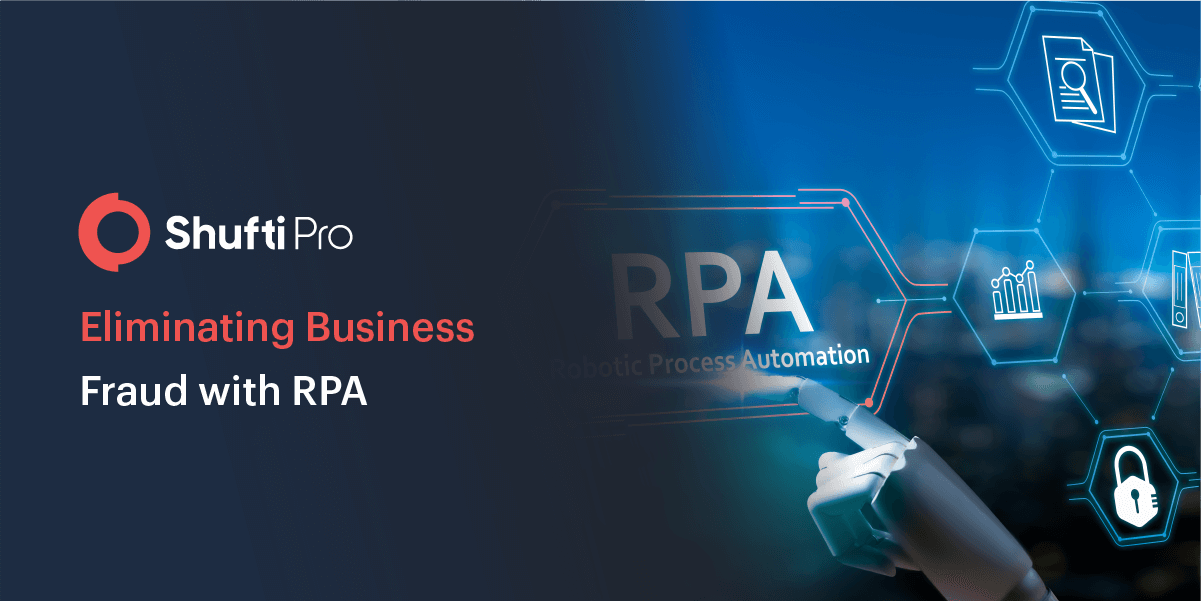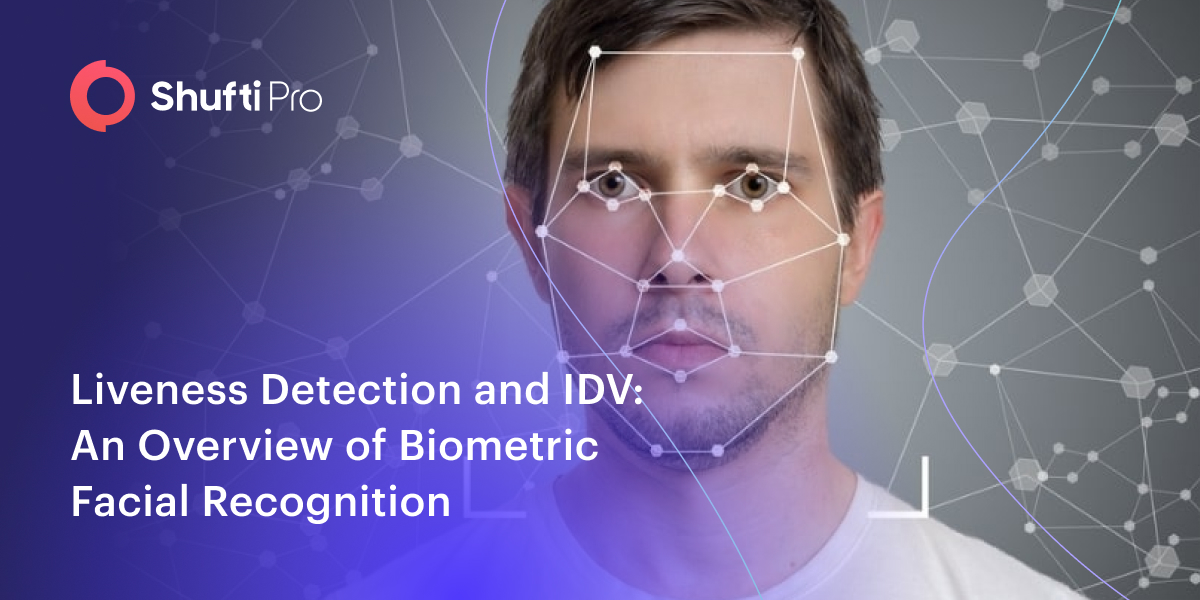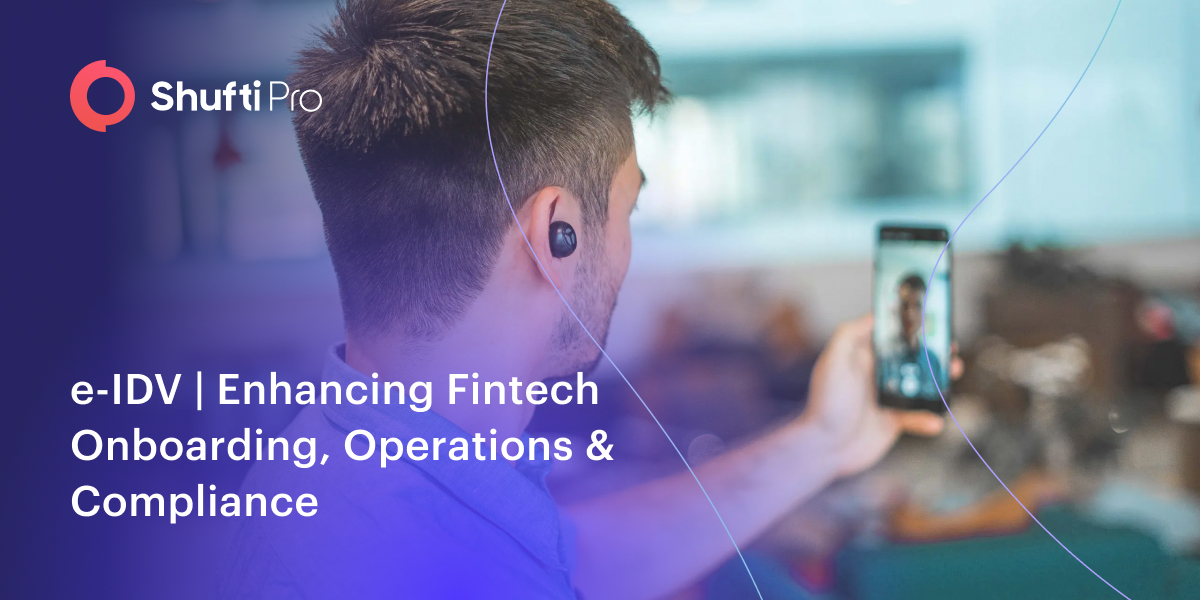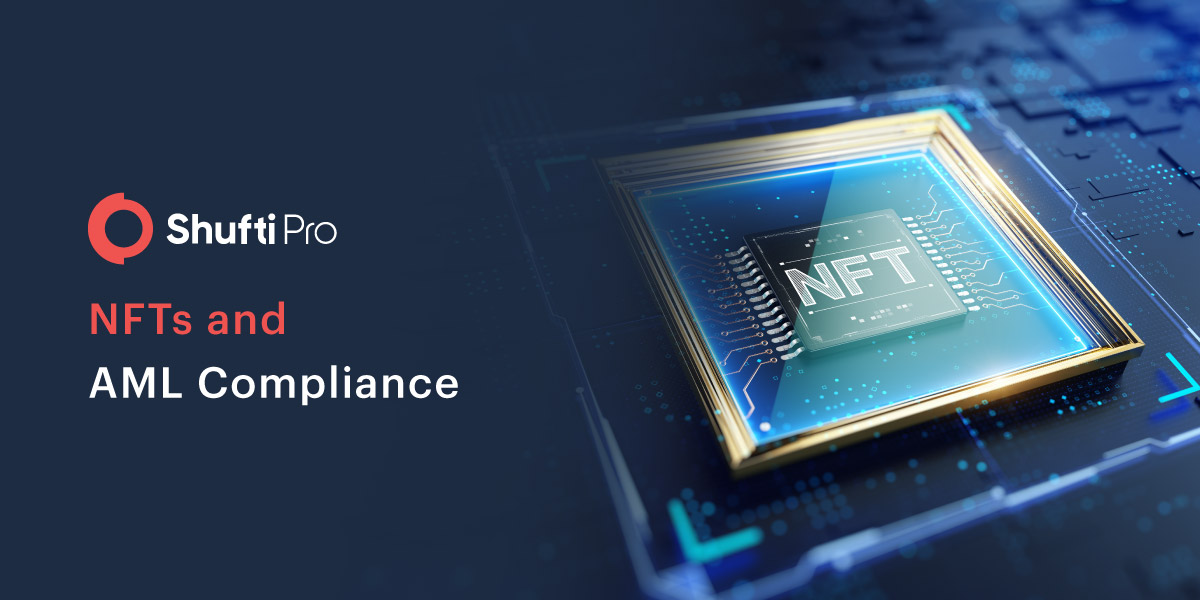4 Ways How Technology Can Simplify KYC and AML Workflow Management
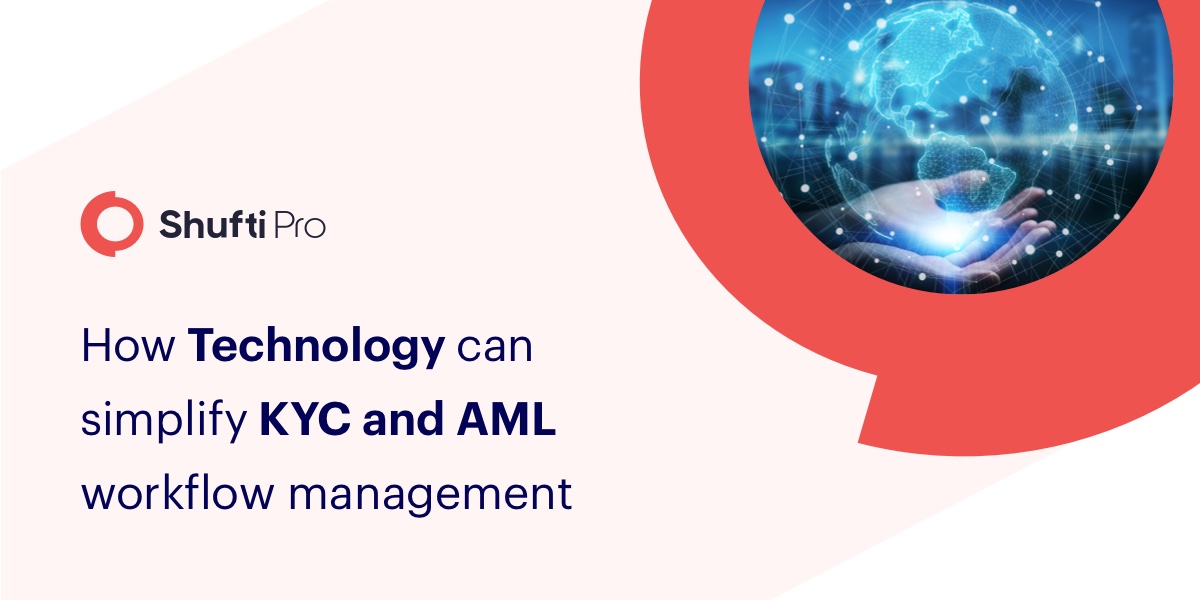
While the terms AML and KYC are used interchangeably, there is a huge difference between the two. AML refers to an overarching framework of governance. KYC is part of that framework.
AML, which stands for Anti Money Laundering, involves the enforcement of different rules, regulations, and procedures designed to prevent criminals from covering funds they obtained illegally and presenting them as legitimate income.
What is KYC Technology?
KYC, or Know Your Customer, is a set of processes, apps, and tools created to help banks, similar financial establishments, and vendors to gather and validate information for their customers’ information. The usual process is to require customers to supply proof of identity and proof of address along with a recent photograph.
The problem with AML and KYC workflow management is that most AML compliance programs are manual. A typical AML process is thorough, intensive, and complicated. As anything manual, there are potentials for errors and lapses. The good news is that solutions are now being developed to improve AML/KYC enforcement and compliance, including the creation and utilization of AML/KYC workflow management software.
Technology is expected to simplify AML/KYC workflow management. Here are some of the ways:
Automation combined with AI
Banks and other financial institutions are tasked to ensure that all transactions they facilitate undergo constant and scrutinous checks and review based on the prevailing AML guidelines.
It entails accessing and evaluating relevant data from various sources, examining historical alerts, and searching for negative information on customers and their counter-parties through public domain searches.
Doing all these things and more really requires a significant investment in time, resources, and manpower.
KYC/AML screening solutions powered with Artificial Intelligence (AI) are the fastest and most feasible substitute for manual KYC. Software project management teams in cooperation and collaboration with AML/KYC compliance experts are working hand in hand to develop automation software with AI functionality.
A certain case where KYC automation with AI was implemented resulted in faster processing of KYC documents and a significant reduction of manual resources. The organization saw its average KYC document processing time reduced from 18 minutes to less than a minute. Automation with AI also improved their processing scale to 0.8 million KYC documents per day.
Shufti can help fight identity fraud with its various verification tools such as face verification, document verification, and AML screening, etc. It uses AI and machine learning to remotely verify IDs through online document verification. Moreover, AI can check even the authenticity of the machine-readable zone (MRZ) code and determine if it was tampered or edited. Forgery and photoshopped documents are also detected by even the slight changes in pixels, which would not be spotted using the naked human eye.
Advanced Liveness Check
Identity verification is a huge part of the KYC process. Leaps and bounds in communications and mobile technology have allowed banks, financial institutions, and other businesses to verify the identity of their customers via liveness checks using computers or mobile phones.
Shufti’s face verification solution does liveness detection, 3D depth perception, fake image detection, human face attributes analysis, and microexpression analysis, among others. This helps you make sure your customers are real in a timely manner while eliminating false negatives. Equipping your business with identity theft protection is crucial to prevent common security issues.
There are proven ways to circumnavigate this particular part of the identity verification process. One example is holding a high-quality image of a person to the camera to pass the verification stage. Other reports involved showing a pre-recorded video to fool the system.
It’s given that the liveness check is just a part of the identity verification stage. But imagine the good it can do to your AML/KYC processes if you have face verification in your AML/KYC workflow.
Mobile KYC
Every day, customers engage in various business and banking transactions like online shopping using their mobile devices. And their numbers grow exponentially as time goes by.
Onboarding online customers and accepting payments is made easy with real-time KYC screening. It enables you to practice KYC/AML screening without affecting customer experience. Especially during the current crisis of COVID-19, the need for remote due diligence has increased. Businesses are struggling to maintain the productivity of their employees due to remote work while performing remote KYC for the first time. This scenario has increased the problems for businesses, and an online KYC screening solution can help in combating fraud and automating customer due diligence.
Mobility is even more important now with what the world is experiencing right now because of Covid. That’s why it’s also essential to protect your security even when your team is working remotely.
Blockchain for AML/KYC Compliance
There is a huge debate on whether blockchain technology is the future of AML/KYC compliance. It is a polarizing technology that has placed a great divide between those who oppose it and those who believe it can radically revolutionize AML/KYC.
But one thing is clear, banks and other financial institutions are spending millions on AML/KYC compliance and they are looking to reduce their costs while running more effective compliance programs. The Thomson Reuters 2017 Global KYC Surveys reported an increase in spending on AML/KYC-related procedures. From $142 million in 2016, the figure rose to $150 million the following year.
Proponents of utilizing blockchain technology, or specifically the distributed ledger technology (DLT), will enable the smooth and seamless sharing of information between financial institutions and regulators. This will result in the faster delivery and verification of KYC data and reduce the time spent on the manual reconciliation of documents.
DLT is also believed to speed up compliance efforts by encouraging and empowering financial institutions to coordinate and cooperate by making their AML/KYC compliance data available for sharing, especially in transactions that involve multiple banks. Such set up allows financial institutions to access data to verify available information rather than independently gather and validate data from scratch.
Secured risk management
Today’s security threats are more advanced. That is why organizations should utilize a strong risk management framework. With seamless identity verifications, monitoring and investigation tools, you can improve your workflow management. You can tighten your IT security with security software tools, that help in proactive risk management.
Key Takeaways
Artificial Intelligence (AI) technologies have been making it easier for all sectors of the world in enhancing all processes and streamlining operations. Undoubtedly, the identity verification market has also benefitted from advanced technology. Digital identity verification and AML screening are now easier to perform in real-time. Moreover, KYC/AML checks can be performed in a few seconds with high-level of accuracy ensured.
Shufti’s digital KYC/AML verification is ideal for businesses because it verifies all the individuals in real-time in 15 to 60 seconds.
Know more about Know Your Customer and Anti-Money Laundering verification from our experts.






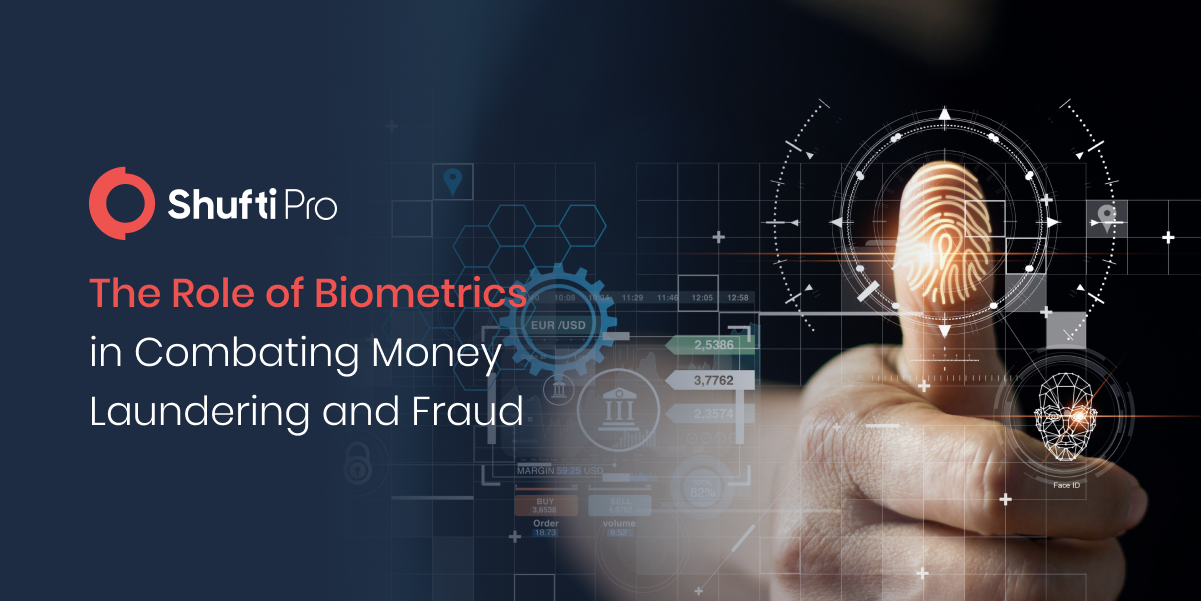

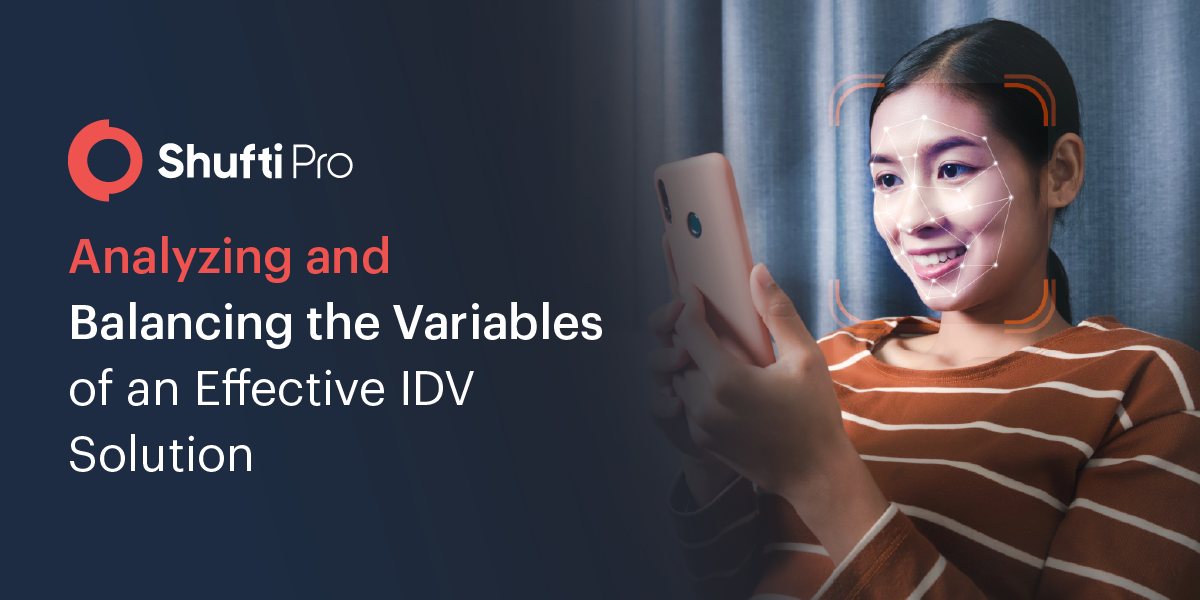


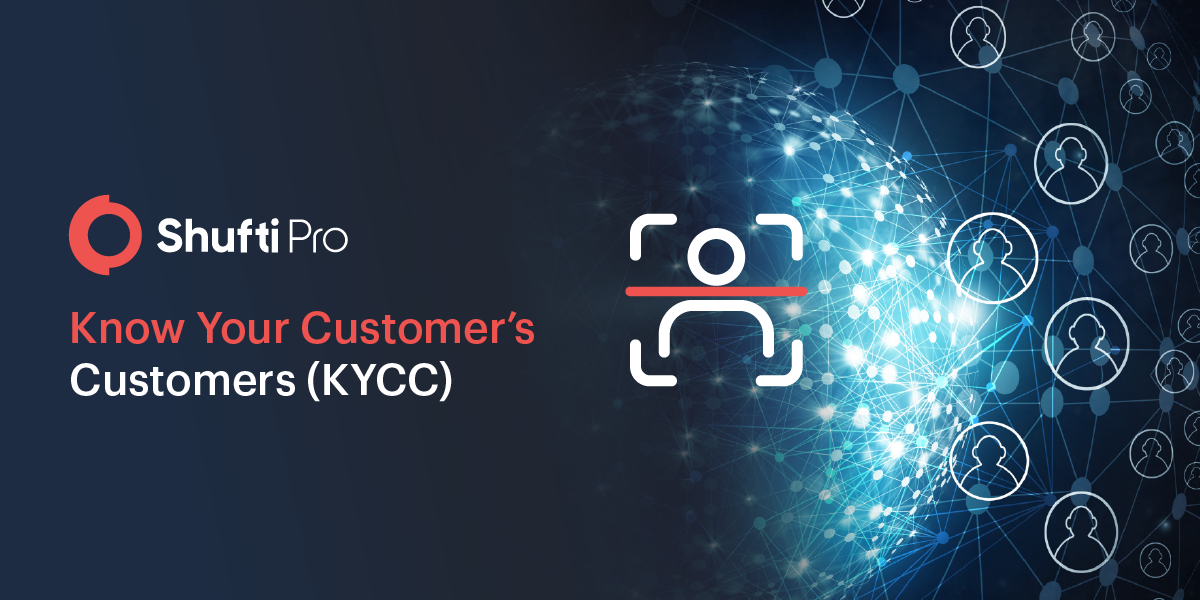



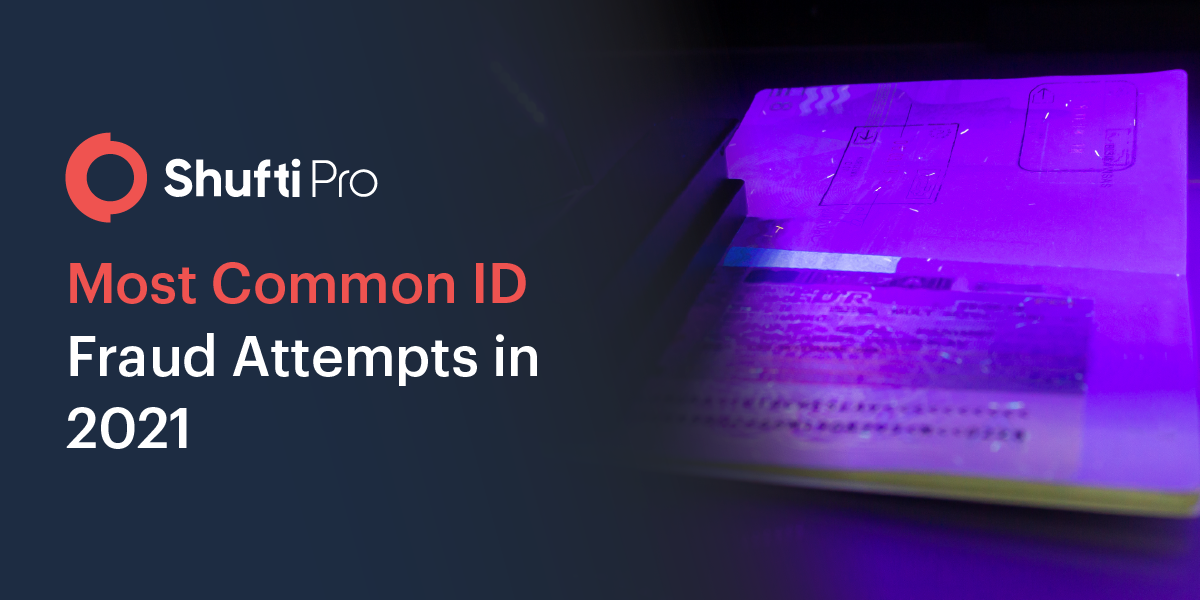




![China’s New Data Security and Personal Information Protection Laws [2022 Update] China’s New Data Security and Personal Information Protection Laws [2022 Update]](https://shuftipro.com/wp-content/uploads/b-img-china-1.jpeg)

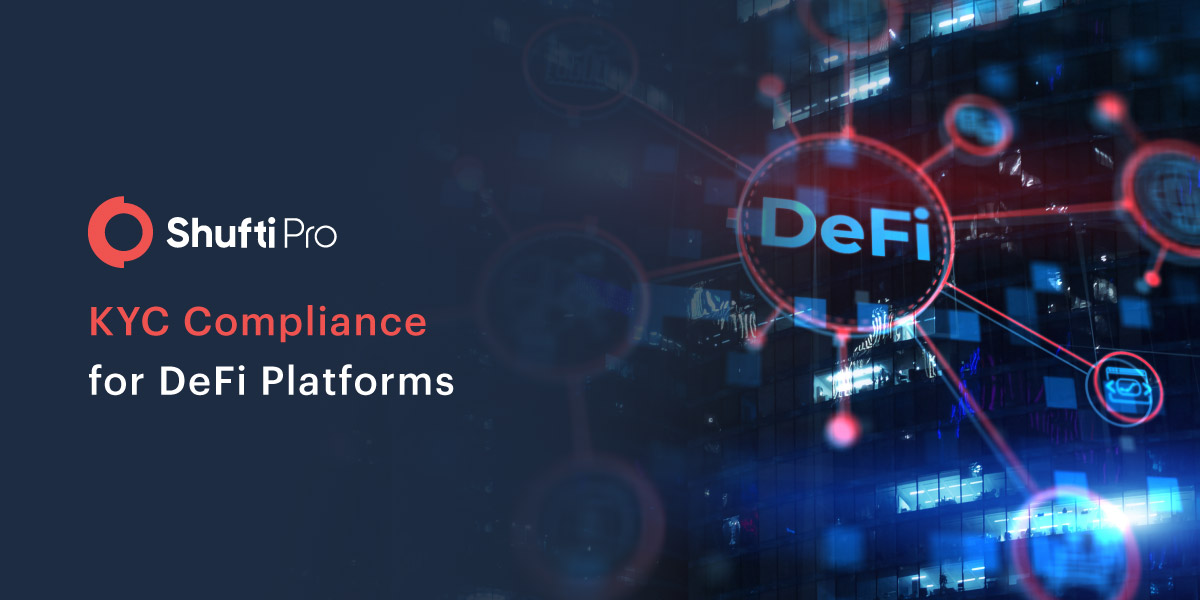




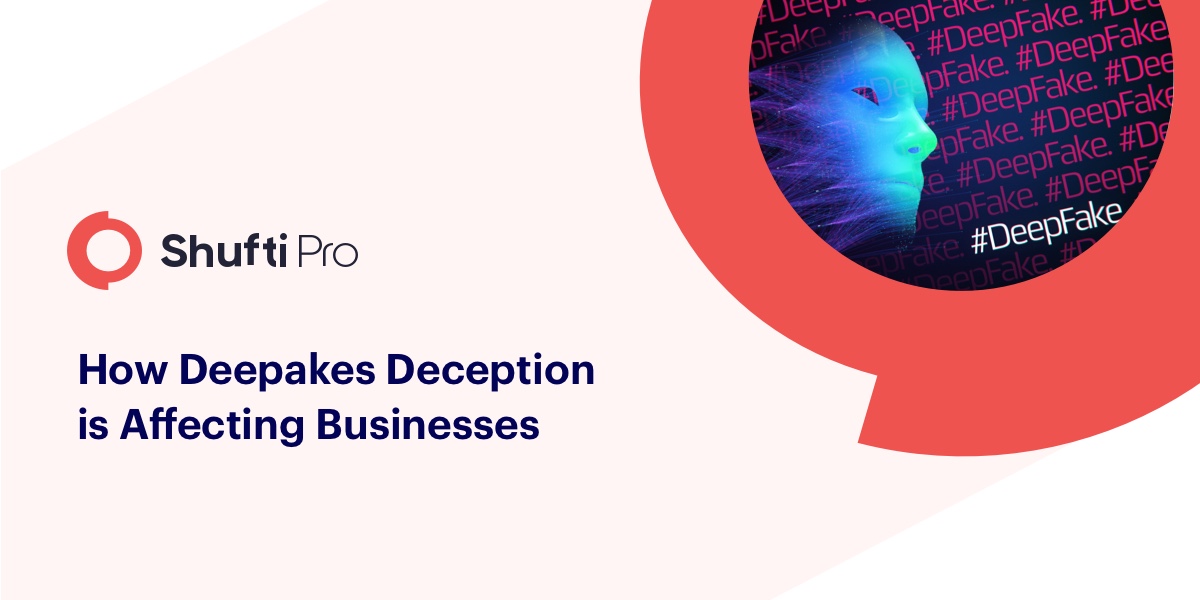



![AUSTRAC’s ML/TF Risk Assessment 2021 – Other Domestic Banks Report [Part 2] AUSTRAC’s ML/TF Risk Assessment 2021 – Other Domestic Banks Report [Part 2]](https://shuftipro.com/wp-content/uploads/2021-09-08-blog.jpeg)

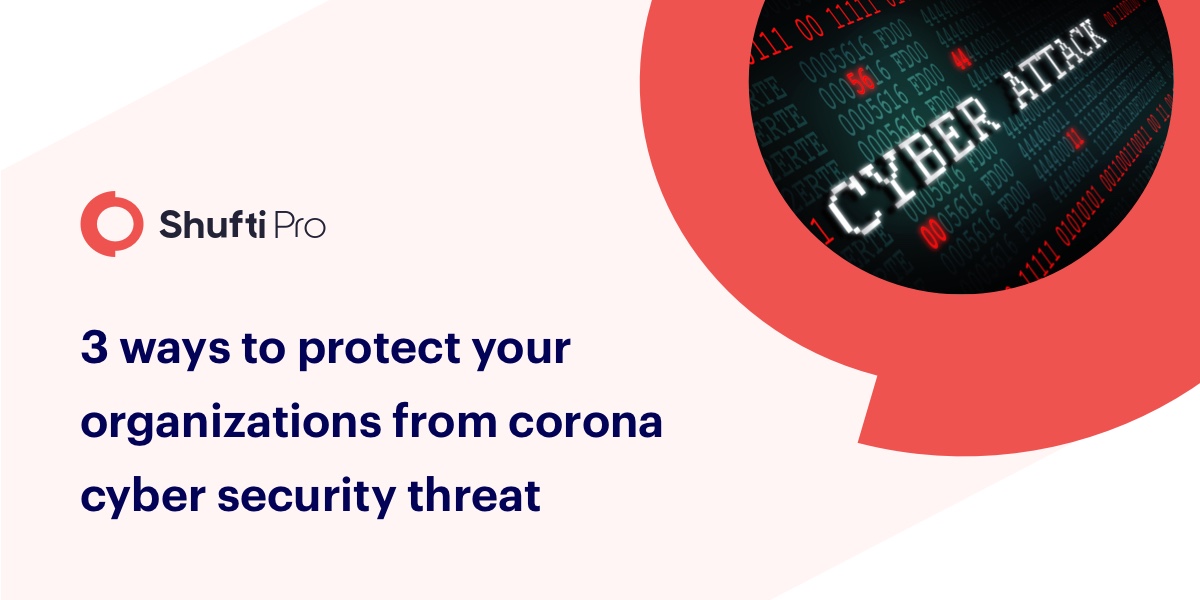

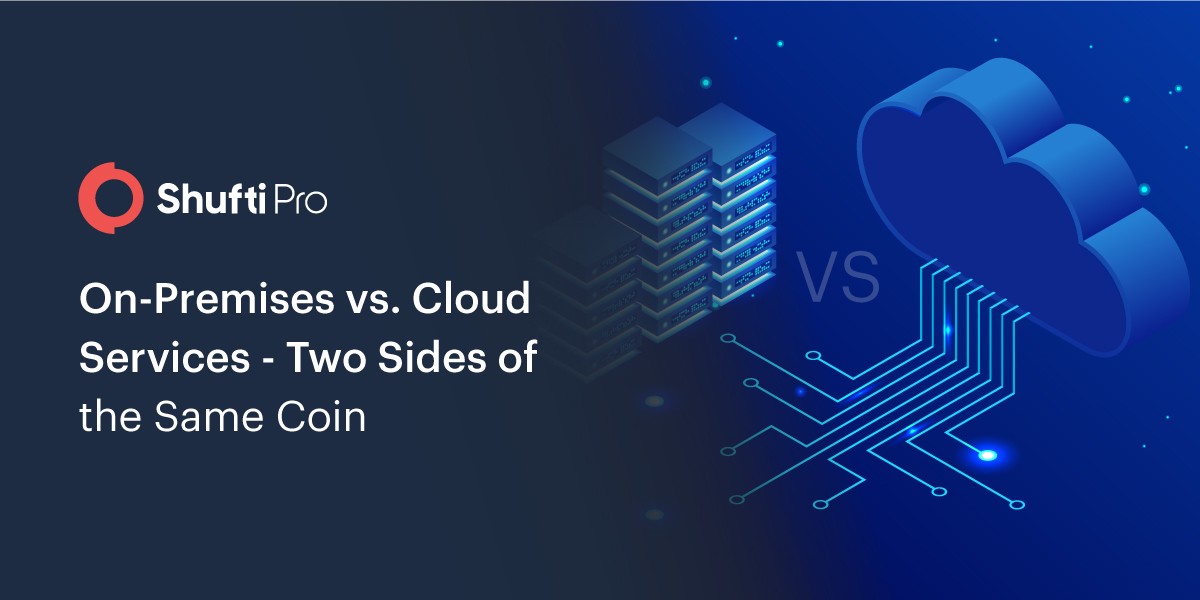


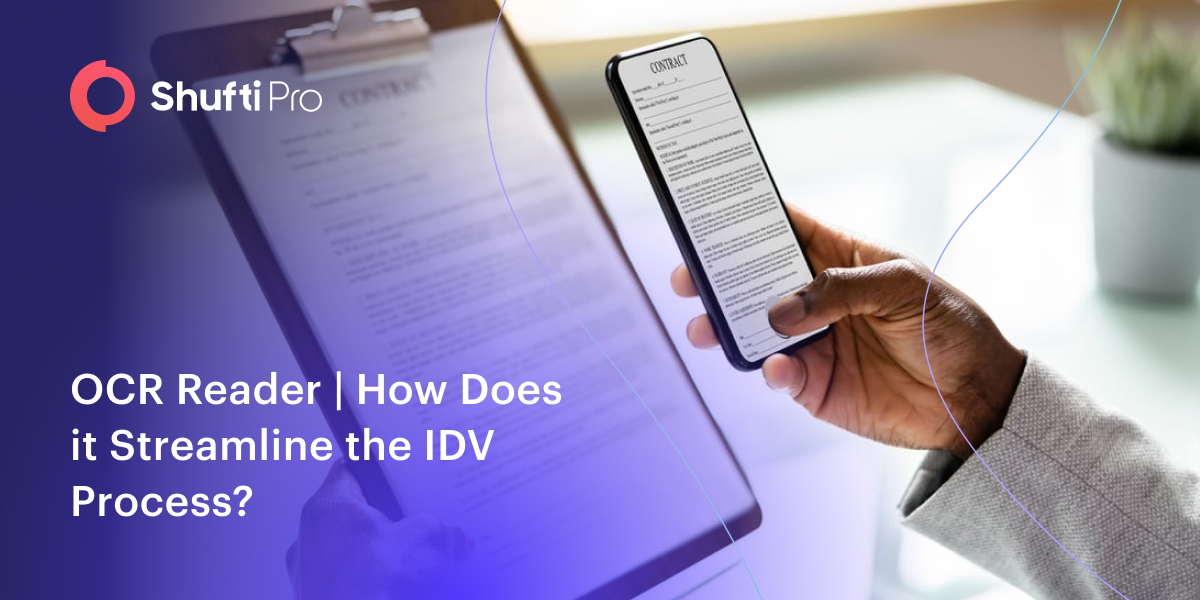

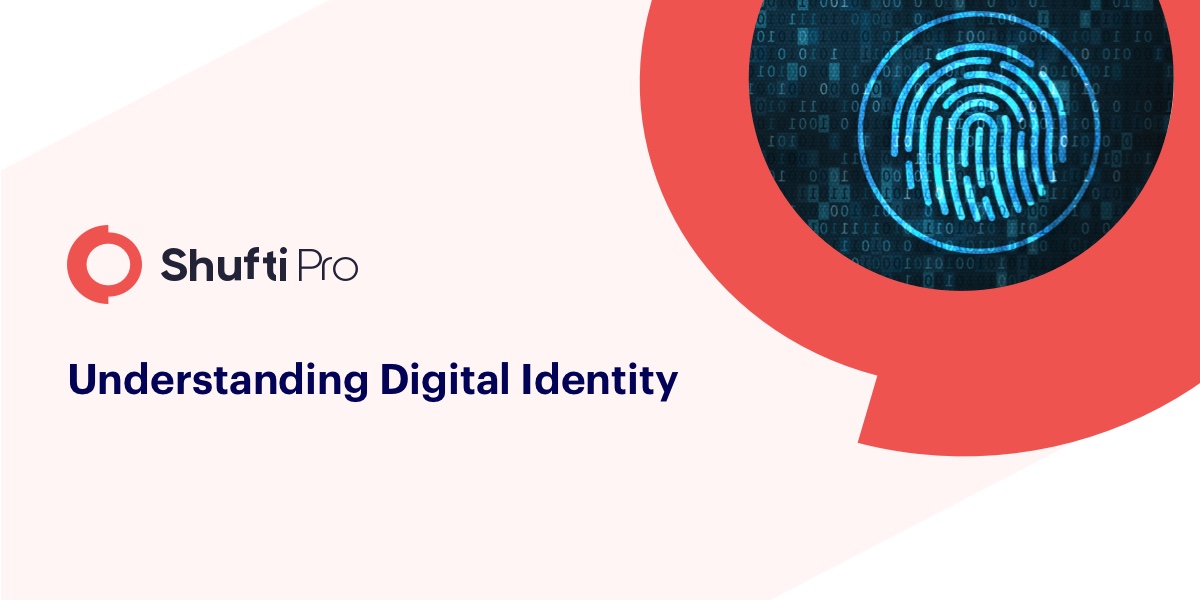

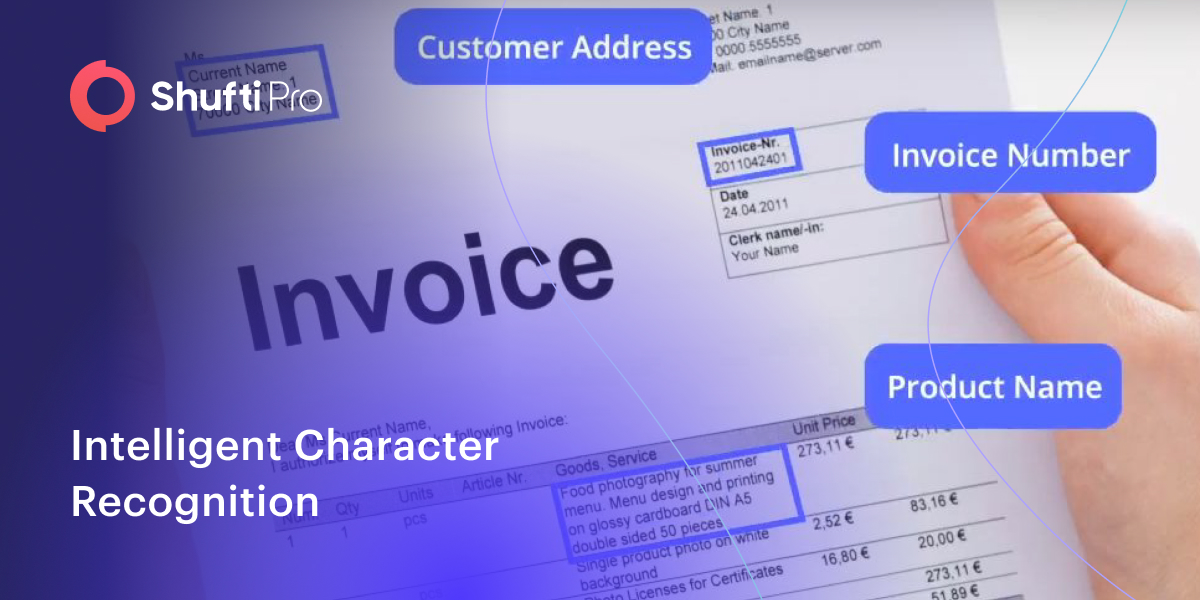


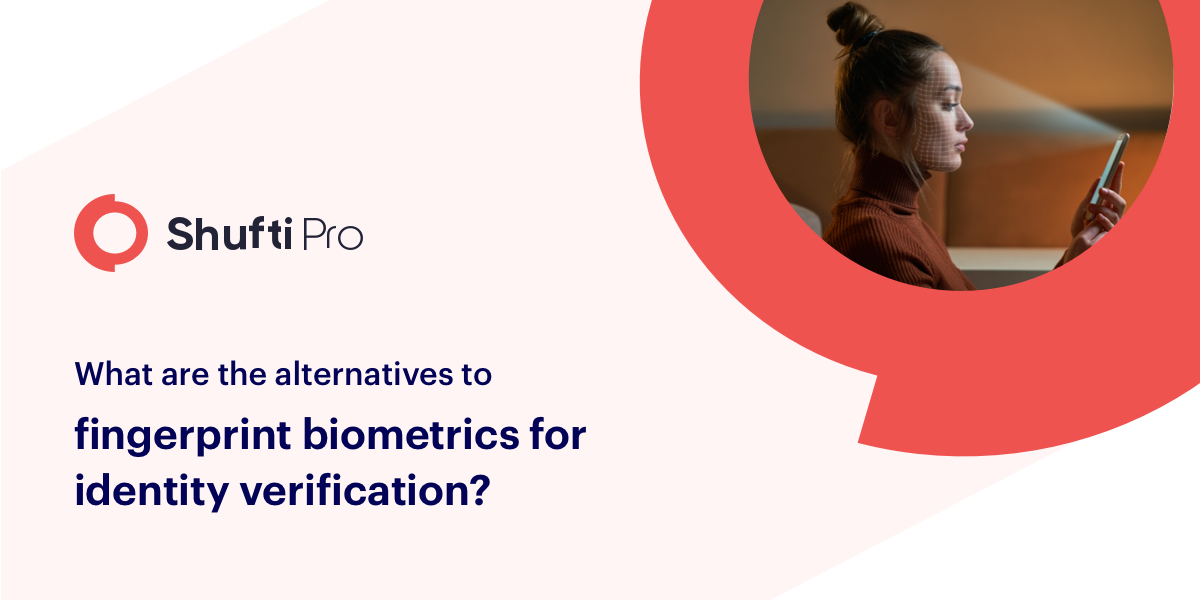

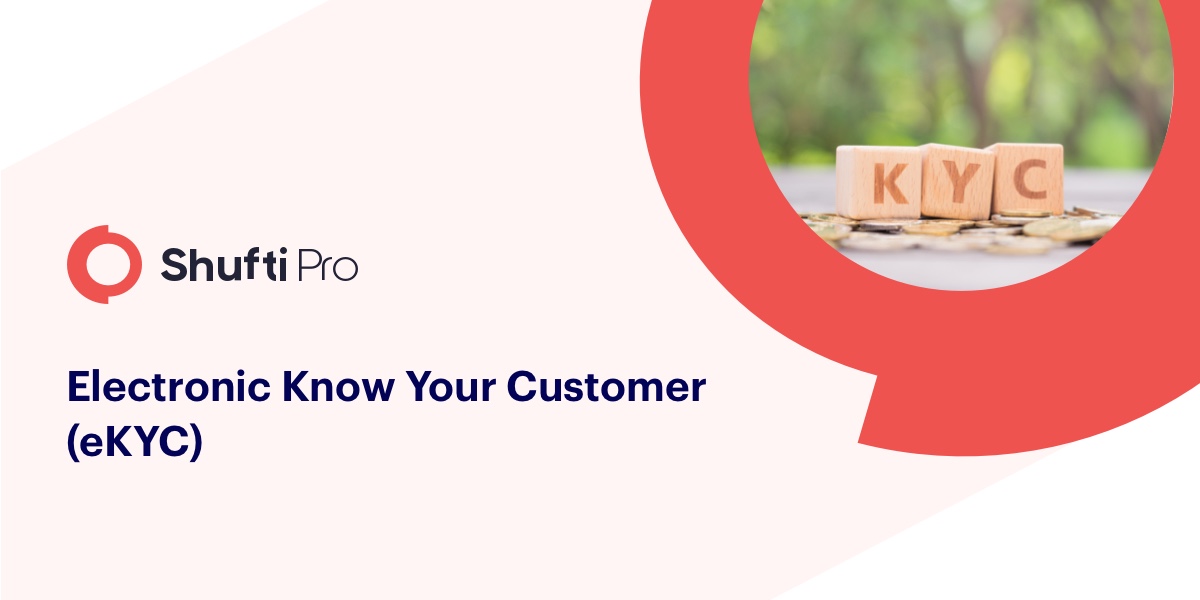

![FATF’s High-Risk Jurisdictions [2022 Update] – How Business Can Comply FATF’s High-Risk Jurisdictions [2022 Update] – How Business Can Comply](https://shuftipro.com/wp-content/uploads/b-img-fatf.png)
![A Statistical Analysis of Prevalent Crimes in the Global Financial Industry – [2022 Overview] A Statistical Analysis of Prevalent Crimes in the Global Financial Industry – [2022 Overview]](https://shuftipro.com/wp-content/uploads/b-img-statistics-comp.png)

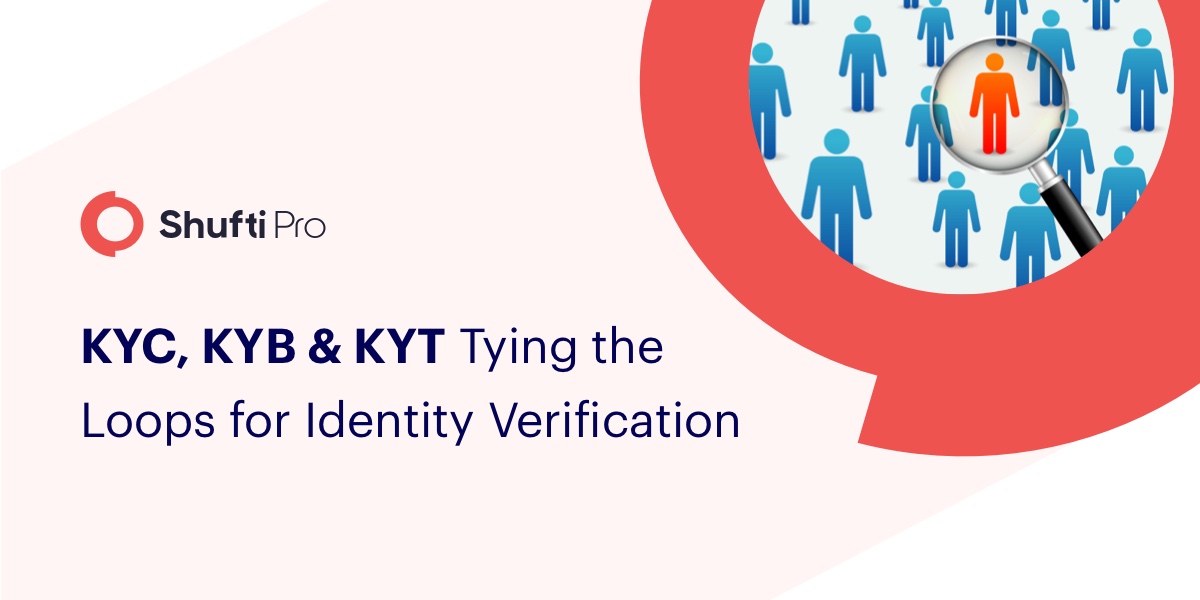


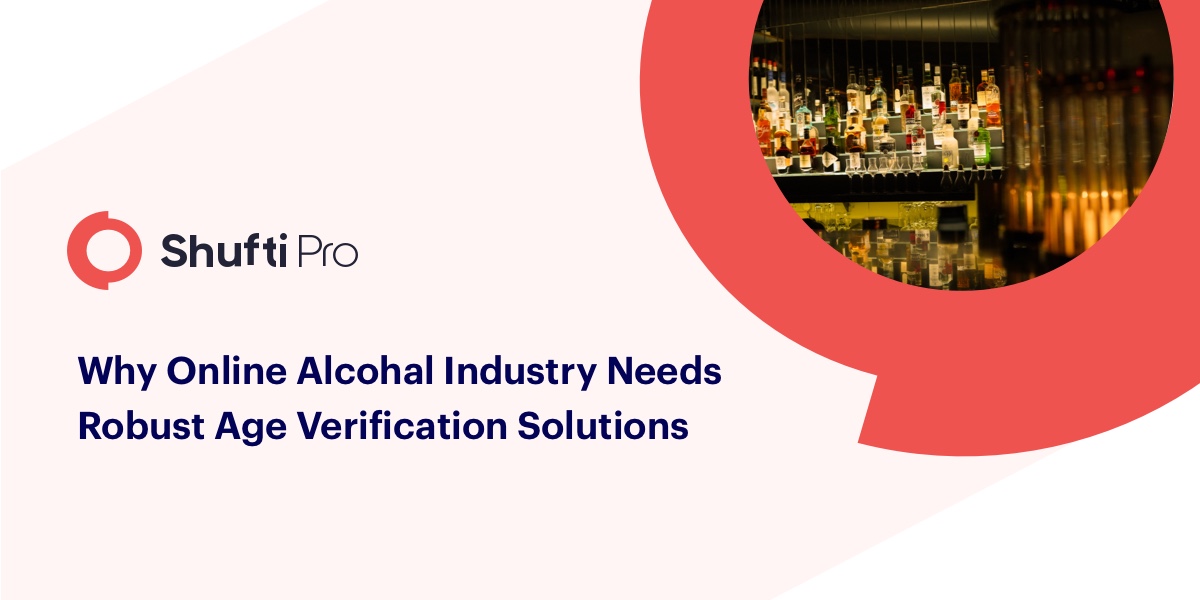


![AUSTRAC’s ML/TF Risk Assessment Report on Foreign Bank Branches [Part 3] AUSTRAC’s ML/TF Risk Assessment Report on Foreign Bank Branches [Part 3]](https://shuftipro.com/wp-content/uploads/image-17-2.png)


